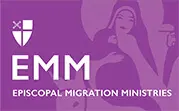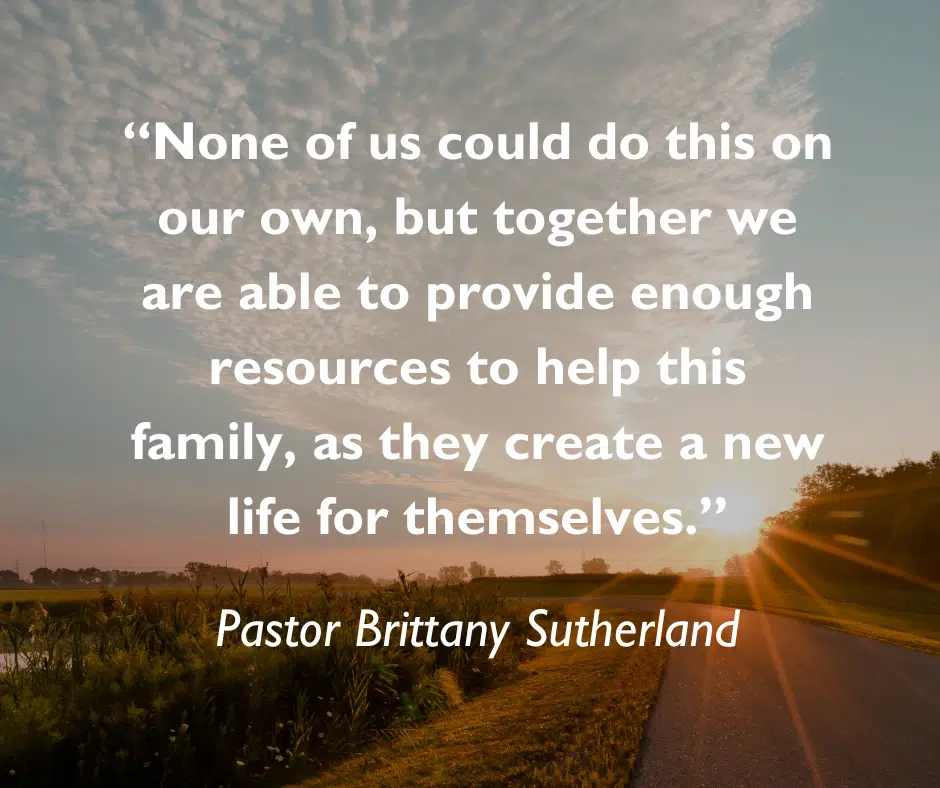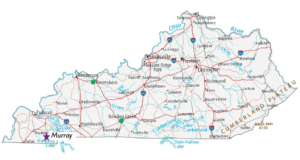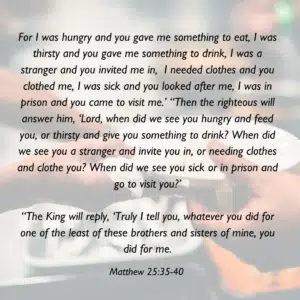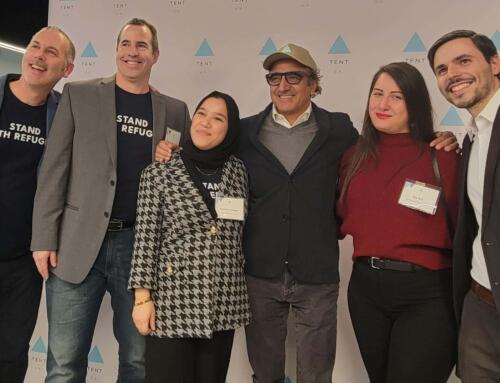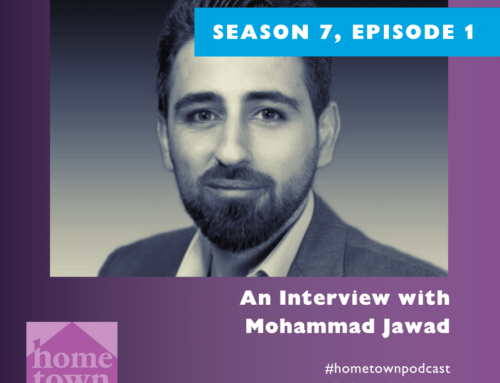This is Part 1 in a four-part series. Read the introduction to the series.
In recent years, opportunities for community groups to engage in refugee welcome — including groups in more rural areas — have expanded.
One such opportunity is for groups to serve as a Remote Placement Community Partner, or RPCP. In summer 2023, EMM worked with its first RPCP: Murray Ecumenical Partners, in far western Kentucky.
Who are RPCPs?
RPCPs are partners in resettlement. They consist of a team of at least five people who take responsibility for ensuring that one or more refugees (often admitted as a “case” or family grouping) receive the “core services” to which they are entitled through the federal Reception and Placement program, with guidance from an established national resettlement agency.
How does an RPCP get started? What determines who they will welcome to their community?
Teams who want to serve as an RPCP must be approved by the U.S. Department of State before they can resettle newcomers. EMM helps groups through the process of preparing and submitting their applications. Once an RPCP is approved, EMM will select a refugee case (typically anywhere from 2 to 6 people who have been vetted abroad through the U.S. Refugee Admissions Program) to assign to the RPCP.
Placement in a specific location often depends on whether the case has a verifiable “U.S. tie” or not. Refugees with a U.S. tie (family, friend, etc.) are generally resettled near that person. Refugees without a U.S. tie may be resettled anywhere there is an organization approved to provide core services. If refugees want to live close to a U.S. tie who lives more than 100 miles from an established resettlement organization, this presents an opportunity to develop an RPCP near that community.
Welcome in far western Kentucky
This is how Murray Ecumenical Partners came to exist: refugees who were approved for resettlement in the U.S. and assigned to EMM had a U.S. tie in western Kentucky. There was no existing resettlement organization within 100 miles, so EMM staff began to reach out to potential partners in the area. In March 2023, clergy and members from Presbyterian, Episcopal, and Catholic churches in Murray attended an online meeting with EMM and agreed to form a team to explore the possibility of becoming an RPCP. With help from EMM, they prepared their application, and within two weeks of applying, they were approved by the Department of State. Then, they had about 5 weeks to prepare for the arrival of their first case: a family of five from Colombia.
 Murray is located more than 100 miles from the closest in-state resettlement organizations, in Owensboro and Bowling Green.
Murray is located more than 100 miles from the closest in-state resettlement organizations, in Owensboro and Bowling Green.
Why welcome?
Many faith communities are readily drawn to helping newcomers. Pastor Brittany Sutherland of the First Presbyterian Church of Murray explained that her congregation was already committed to what they call the “Matthew 25” program: to feed the hungry, clothe the poor, and welcome the stranger. This also resonated with leaders at nearby Episcopal and Catholic churches.
After Murray Ecumenical Partners was approved to be an RPCP, they divvied up the workload: Pastor Brittany would serve as team lead; Father Zeb Treloar, then rector of St. John’s Episcopal, would be her deputy. St. Leo’s Catholic Church volunteered to keep track of finances, and Sister Angelica Lopez, a nun who served the Hispanic ministry of that parish, would serve as an interpreter. The Presbyterian church took responsibility for finding and setting up housing for the family, while the Episcopal church worked with the family on public benefits and readiness for employment. Both Protestant churches also had members who spoke Spanish and could serve as interpreters. A local Methodist church loaned a van and provided volunteer drivers to help with transportation.
As Pastor Brittany put it, “None of us could do this on our own, but together we are able to provide enough resources to help this family, as they create a new life for themselves.”
In the next installment: the Murray team prepares to welcome their new neighbors.
